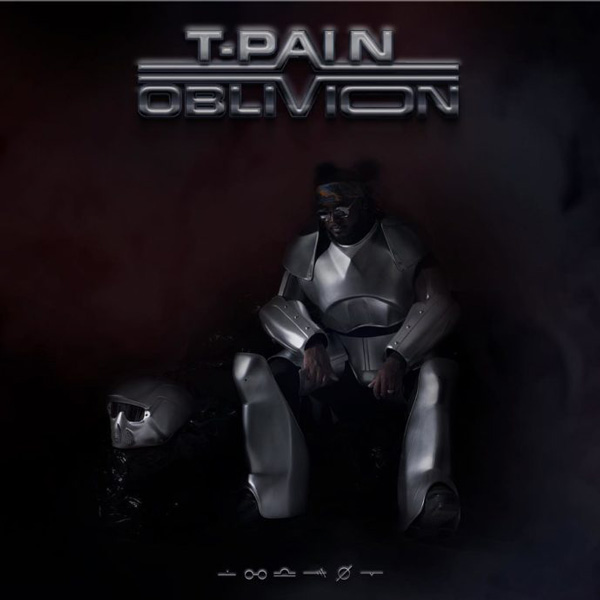Faheem Najm, more commonly known by his Auto-Tune pioneering T-Pain moniker, took to Twitter on Thursday with an announcement that his fans had long hoped would come to fruition.
“The Tory feature didn’t get cleared in time so it was either leave that song off and release it a few days later or push the album back until that one song gets cleared,” explained Pain with sincerity, assumedly talking about Canadian rapper Tory Lanez. “Obviously I’ve pushed enough dates back lol. So enjoy the other 16 trax until we get that straight #OBLiViON.”
Oblivion, Pain’s latest album, is a 16-track journey of refamiliarization with the man who was once seemingly guaranteed the hook on any song hoping to garner Billboard success. First announced as Stoicville: The Phoenix in 2013, Oblivion faced four years of delays and apparently extreme Tory Lanez-related issues before its Friday release. With an hour-long runtime, T-Pain’s Oblivion contains solid to excellent hip-hop, pop and R&B jams weighed down by menacingly sexual lyrics.
Despite his absence, T-Pain is well-aware of his historic impact on the genres he’s dabbled within. On “Who Died,” the album’s opening track, Pain proclaims the throne is still rightfully his to sit upon.
“I hit the billboards with a baseball bat/ Hit after hit, so I understand why you don’t wanna face all that,” boasts T-Pain with unrivaled bravado. “I been with the shits/ My track record looking like I got baseball stats.”
Though “baseball stats” do not inherently imply anything good, as players of America’s pastime can strike out, commit errors, bean batters or get tossed while stealing, Pain’s resume is fit for entertainment Cooperstown. Throughout an illustrious career, the Auto-Tuned Ted Williams has been a part of three No. 1 Billboard singles and three certified Gold albums (Rappa Ternt Sanga, Epiphany, Three Ringz). On “Straight”, T-Pain brings the same energy that catapulted him to success.
“I’ll put you onto PCH, in a two-seater/ Walking ’round the mansion in a white beater,” boasts Pain melodically. “Reach in that Chanel bag pull out the heater/ I’ma make your life a hundred times sweeter.”
Though sonically wonderful, “Straight” exemplifies the album’s underlying issue of overtly-misogynistic lyrics. In the song, T-Pain refers to women as “whores” and references ejaculating into their belly buttons, language that would be graphic even by rap’s usual standards.
“I got more money/ So I got your bitch,” sings Pain. “She money hungry/ And I feed her dick.”
In an era of America in which sexual misconduct and the longstanding culture of predatory behavior is finally being publicly eviscerated, T-Pain’s message rings tone-deaf and outdated — much like the industry of baseball to which he compares himself. On the world’s stage now instead of behind a Tiny Desk, Pain should know better.
However, in standout tracks like “I Told My Girl” and the Go-Go inspired “Cee Cee from DC” featuring Wale, Pain does display himself as an artist still bursting with ultra-malleable talent. While his musical Midas touch appears current and far from numbed, Pain’s return from absence is evident through his lack of sensitivity to changed times.



